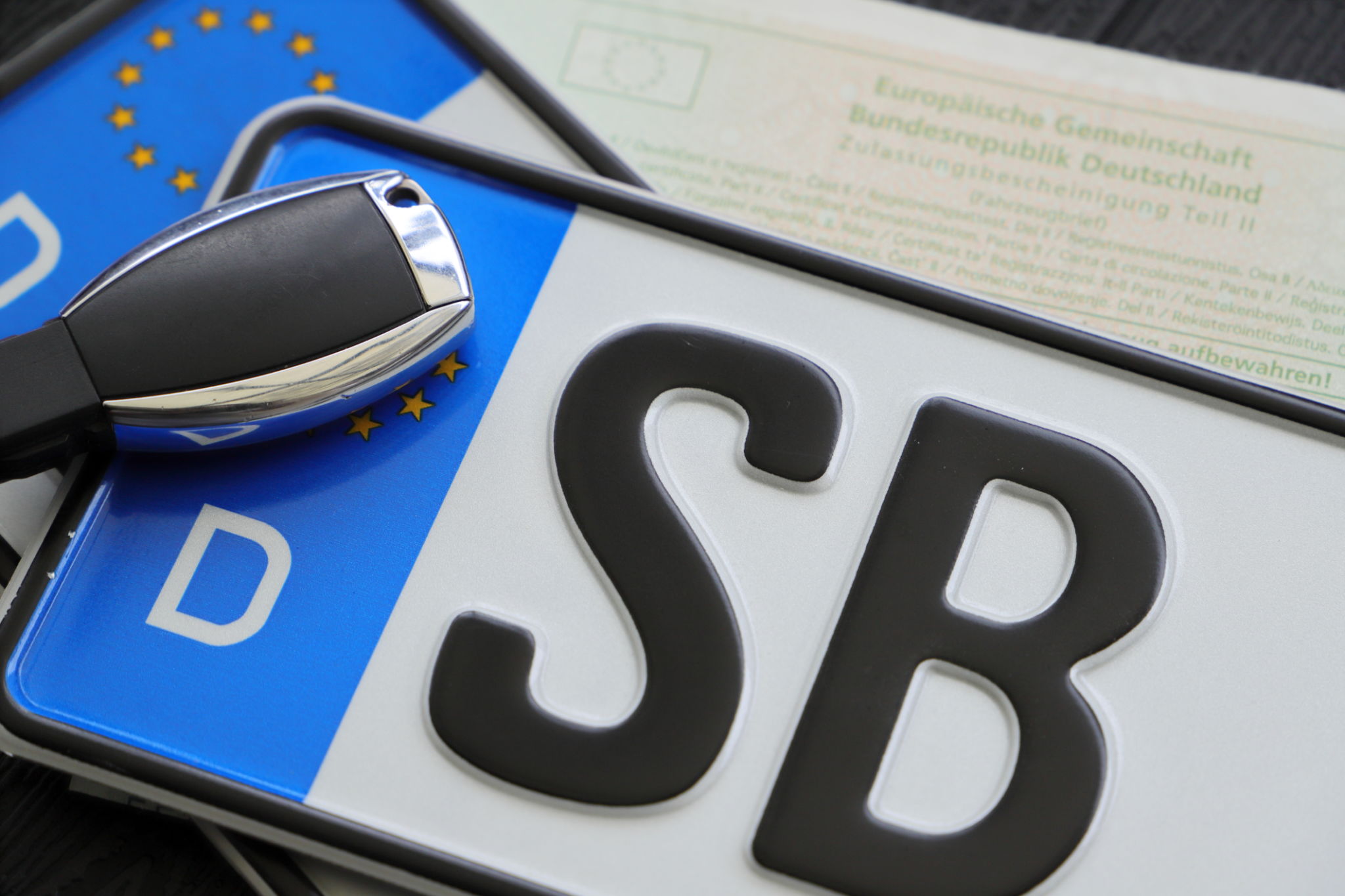How to Navigate Car Customs in Spain: A Step-by-Step Process
Understanding Car Customs in Spain
Navigating car customs in Spain can be a complex process, especially for newcomers. Whether you are moving to Spain for a long-term stay or importing a vehicle for business purposes, understanding the steps involved is crucial. This guide will walk you through the essential stages of importing a car into Spain, ensuring a smoother transition.

Step 1: Gather Necessary Documents
Before you begin the import process, make sure you have all the required documentation. You will need:
- Proof of Ownership: This is usually the car's original registration certificate.
- Purchase Invoice: If applicable, an invoice showing the vehicle's value.
- Identification: A valid passport or national ID card.
- Proof of Residency: A document showing your address in Spain.
Step 2: Get a Certificate of Conformity
The Certificate of Conformity (CoC) is essential for any vehicle imported into Spain. This document certifies that your vehicle meets European standards. You can obtain it from the vehicle manufacturer or an authorized dealer. Without this certificate, you cannot proceed with the registration process.

Step 3: Pay Necessary Taxes and Fees
Importing a car into Spain involves paying several taxes and fees. Be prepared to cover the following:
- Import Duty: Depending on the vehicle's origin, import duty may apply.
- Value Added Tax (VAT): Typically, this is around 21% of the vehicle's value.
- Special Registration Tax: This tax varies based on the car's CO2 emissions.
Step 4: Technical Inspection
Your vehicle must pass an ITV (Inspección Técnica de Vehículos) to ensure it meets Spanish safety and environmental standards. This inspection is mandatory and can be done at any approved ITV station. Once passed, you will receive an ITV card, which is necessary for registration.

Step 5: Register Your Vehicle
After passing the technical inspection, you can register your car with the Spanish Traffic Department (DGT). Submit all your documents, including the CoC and ITV card, to obtain Spanish license plates. This step formalizes your vehicle's status in Spain and allows you to drive legally.
Step 6: Secure Insurance
No vehicle can operate legally in Spain without insurance. Once your car is registered, choose an insurance policy that fits your needs. Make sure your coverage complies with Spanish regulations, ensuring you are protected on the road.
Navigating car customs in Spain can seem daunting, but with careful preparation and attention to detail, you can successfully import your vehicle. Following these steps will help ensure a seamless process, allowing you to enjoy driving in Spain without unnecessary hassles.